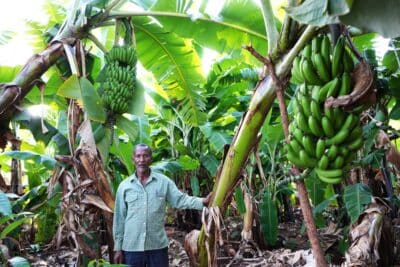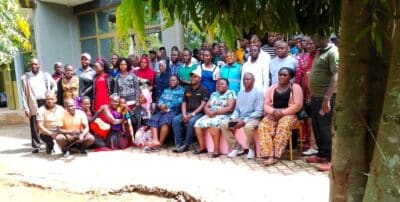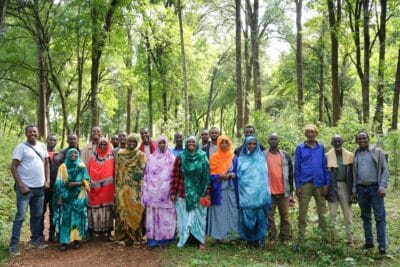News
9 March 2022
Safe water returns to Benatsemay and Hammer districts
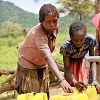
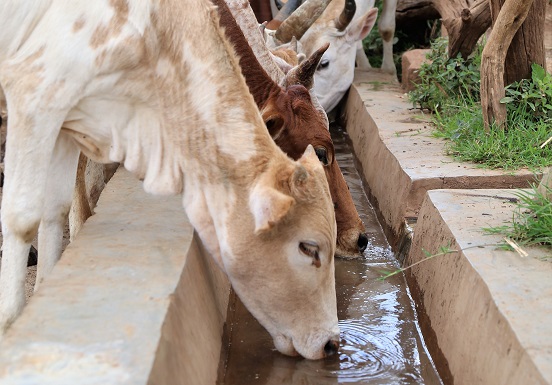
Farm Africa has rehabilitated a number of water facilities in South Omo, Ethiopia as part of the Livestock for Livelihoods project, following the collapse of the local water system, which left hundreds of residents without water for three months.
For 20 years, the communities in the Benatsemay and Hammer districts relied on a water facility, which supplied safe water for drinking, cleaning and taking care of livestock. However, when this system collapsed, the communities were left struggling. Not only did this mean a lack of safe water for the communities, it also meant a lack of water for animals kept by farmers.
Not only can the communities drink clean water again, those who own livestock can now continue to earn a living without the disruption caused by the broken facilities. In doing so, Farm Africa helped fulfil the main ambition of the Livestock for Livelihoods project, which was to improve the livelihoods of communities through livestock.

The time the village spent without water was difficult. Goiro Acti, a mother and local resident, felt the burden particularly.
“The last three months were awful for villagers, particularly for us women and girls. There is this hilly spot which we draw water from. It is far away from here. I had to travel more than ten kilometres carrying 20 litres of jerry cans on a round trip.
“It was very exhausting as I had to go on foot even on rainy or scorching sunny days. Moreover, I had to leave my children at home alone. Returning back home, I usually found them crying for food and water.”
The open water sources residents had to collect water from often made people ill, as the water was unprotected and could be easily contaminated by animals. Families reported suffering from waterborne diseases, as well as malaria. Many farmers lost livestock due to the water shortage.
Now safe water has returned to the communities, life can continue as normal, and mothers are no longer concerned for their children’s health.

Goiro commented: “But, now, we are blessed! Thanks to all who built and maintained this water point, our problems are addressed. My house is only a kilometre away from here, I am saving time for my children. Above all, I will not be concerned that my children will get water-borne diseases.”
Farm Africa’s Livestock for Livelihoods project, which was funded by UK aid from the UK government and Jersey Overseas Aid, ran from 2018 to 2021, helping over 10,000 pastoralist women in South Omo, Ethiopia and Karamoja, Uganda set up small-scale, sustainable goat-rearing enterprises.
The project has helped improve the prosperity and nutrition of women, children and families across the two locations. This has been achieved by establishing Women’s Livestock Groups that rear and add value to goats, running savings and loans associations that support business development, and helping 110 vets and community animal healthcare workers expand their services to local livestock keepers.
You can find out more about the Livestock for Livelihoods project by reading our booklets:
